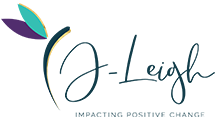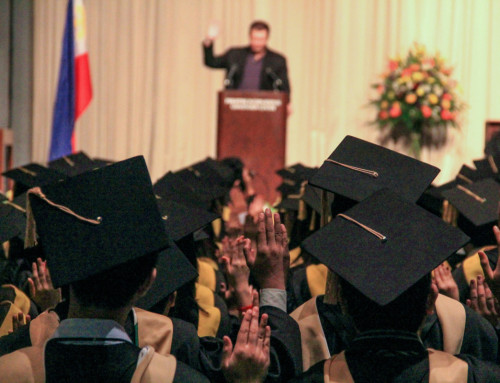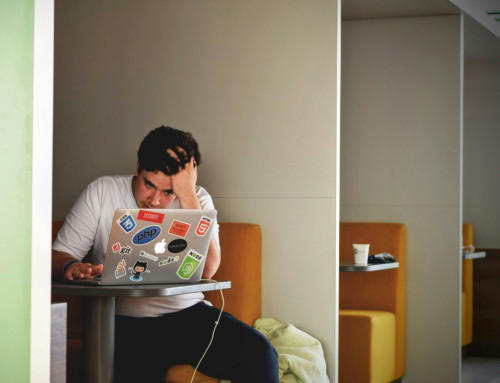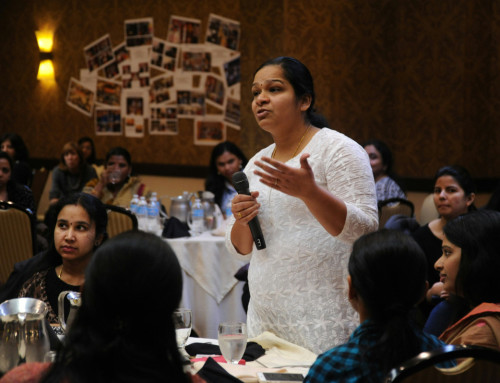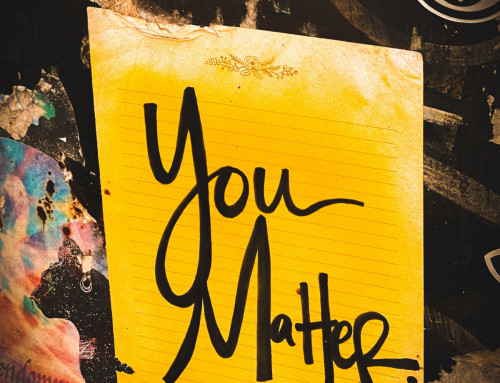I was working in the corporate world when I experienced what I would consider my first awareness of anxiety. There’s a chance it’s shown up for me before, but as far as when I can point to a season of my life and say “There. That’s where anxiety became a thing for me”, it was then. It was also the most severe and prolonged it has been for me thus far.
My experience in this time of anxiety for me was a helplessness of sorts. A part of me was always trying to feel safe (not physically, there was no physical danger present for me). It was also always trying to find the right words that would ensure this safety. I remember thinking “If I could just control this, then it might lead to actions that feel better. Safer.” The anxiety would then compound when I would stumble over my words, unsure of how to express myself adequately enough to be understood and feeling frozen, unable to take action that might have removed me from a situation. And so goes the vicious cycle.
What I didn’t understand then was how I could feel that anxious noise and communicate clearly at the same time. I always thought that communication would come first before I could remove anxiety, always in an attempt to rid myself of the feeling of it, to make it go away, to not listen. The learning for me was in my realisation – through the guidance of a very intuitive, talented therapist – that communicating over the anxiety wasn’t the solution, but communicating with and listening to the anxiety was far more useful.
It actually made me a better communicator, both at work and with those close to me.
Instead of communicating over something that essentially came down to trying to control situations, even if not maliciously, I started learning how to communicate through my feelings. Instead of practically saying “please do this so I can feel safe”, it became something more like “I’m experiencing *this* kind of feeling around this situation, and this is what I need.” This changed me. It helped me start to identify what I really needed, from myself or others, at work or elsewhere, and put me in charge of asking for it more directly.
It improved how I showed up at work. Beforehand I felt like I was at the mercy of my anxiety, avoiding interactions with others that I knew might trigger it more, or feeling so isolated. Once I started to practice acknowledging the feeling or experience, and identifying it, the coarse edges of my anxiety began to smooth. It was still present, but the struggle itself let go a little as if I’d released the valve on a pressure cooker. I felt clearer in what was actually going on, rather than making up stories. I felt empowered in how else I could contribute or make positive changes. It began to define my whole experience a little less. I had the energy to implement healthier mindfulness and lifestyle practices outside of work, which, in return, meant I had more to then bring back with me into work.
Article originally posted on Thrive Global.
